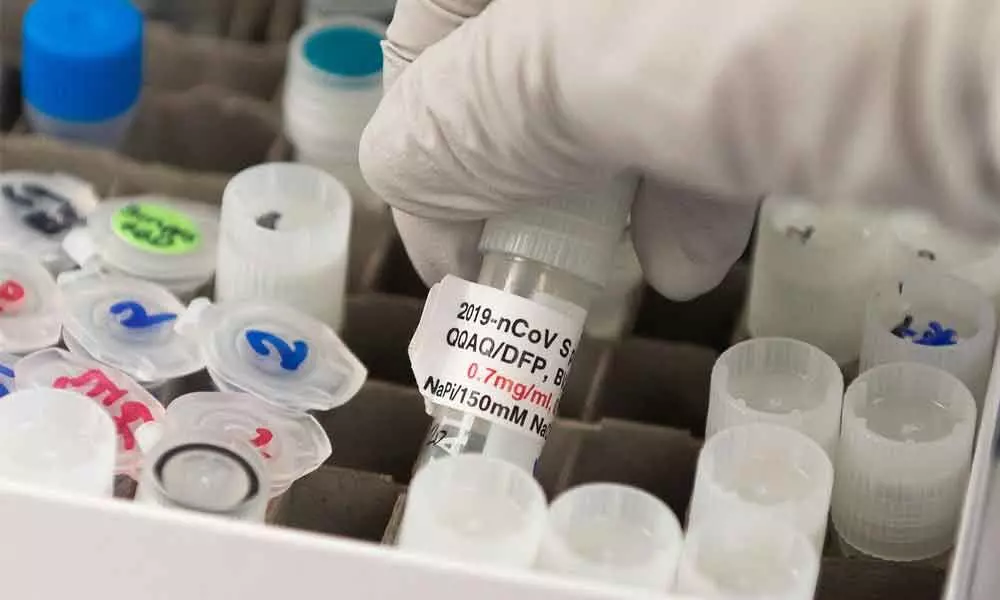Anti-corona vaccine now just a month away

Amid serious news reports like preliminary results of a study published on Wednesday by Chinese researchers which suggests that while the new coronavirus attacks men and women in roughly equal numbers, men appear to be far more vulnerable to serious cases, including fatal infections
Amid serious news reports like preliminary results of a study published on Wednesday by Chinese researchers which suggests that while the new coronavirus attacks men and women in roughly equal numbers, men appear to be far more vulnerable to serious cases, including fatal infections, comes the happy news of customers being back to Dubai Mall for those clutching bags from designer boutiques in their gloved hands as it has opened under strict safeguards against coronavirus. Another good news is that Oxford University just jumped way ahead of the pack. Human testing is already underway, and scientists say they are hopeful that it will be widely available by September. The vaccine has been successfully tested on animals and now trials on humans is being done. The result of trial on humans is likely to be available in about one month's time. The hope that soon we will have a vaccine to treat corona is gaining ground very fast as many organisations have intensified their research and are racing against each other to develop the vaccine.
While Serum Institute Pune has joined hands with Oxford University, Indian Institute of Technology Guwahati (IITG) also announced that it has joined hands with Ahmedabad-based Hester Biosciences to develop a vaccine for Covid-19. They are likely to start trials on animals by the end of 2020. According to reports, the vaccine will be based on recombinant avian paramyxovirus-based vector platform. The work is currently in its early stage of development. The premier educational institute said that the recombinant avian paramyxovirus-1 will be used to express the immunogenic protein of SARS-CoV-2. The team at IITG has generated the recombinant avian paramyxovirus-1 based vaccine platform for Classical Swine Fever and Japanese Encephalitis. Head of the research team Sachin Kumar, who is Associate Professor in the Department of Biosciences and Bioengineering at IIT Guwahati, said, "It is too early to comment on the efficacy and immunogenicity of the vaccine, however, we will be able to reveal more details about this vaccine after the results of animal studies are obtained."
As far as the experiments that are going on in Oxford University are concerned, the confidence levels about being successful in finding the vaccine are very high. Sarah Gilbert, Professor of Vaccinology at the university says the vaccine takes the coronavirus' genetic material and injects it into a common cold virus that has been neutralised so that it cannot spread in people. Following its success during trials on rhesus macaque monkeys, about 550 participants were picked up for human trials and were given the vaccine and has been shown to be safe and well-tolerated, although it can cause temporary side-effects such as a temperature, headache or sore arm. It will conduct human trials on over 1,100 people before coming to a conclusion. "It feels like finally, I am able to do something…" said Oxford scientist and trial volunteer Elisa Granato. "This was a way for me to contribute to the cause." Once the vaccine becomes a reality, pharma industries across the globe, more particularly in India, will jump at the opportunity and without wasting any time will start producing million of vaccines. As of now, it is estimated that each dose may cost about Rs 1,000. But then, it gives is a new and positive ray of hope that sooner than later we would be able to bring the virus under our control.










